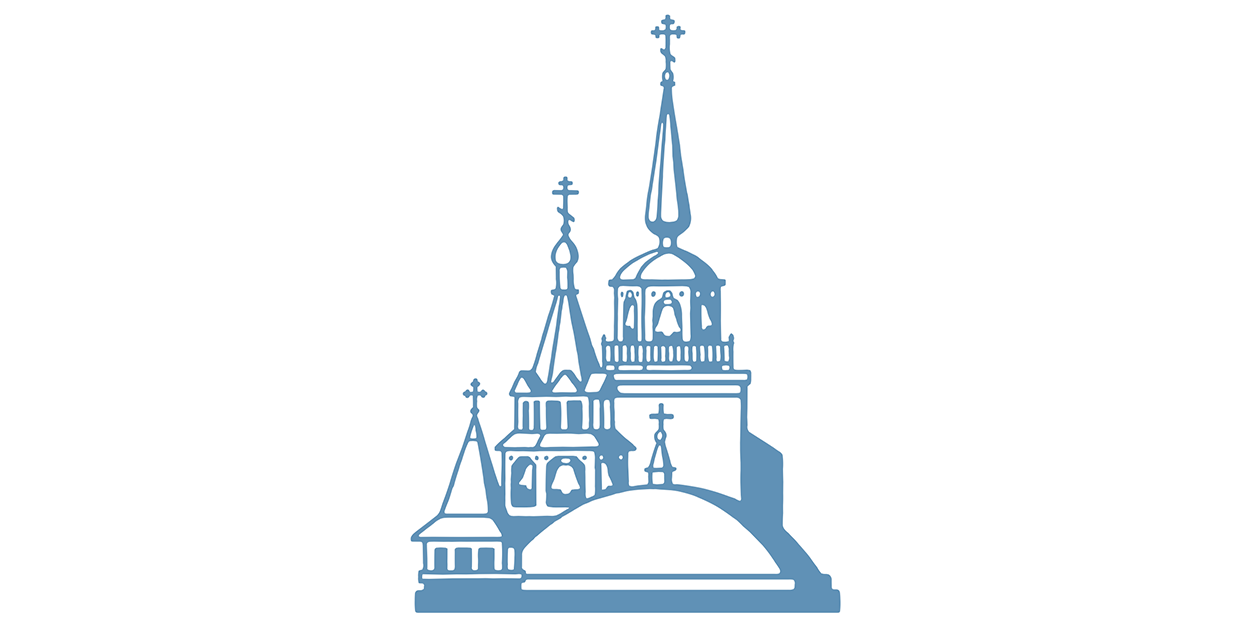What's your take on the particulars above? I'm curious - should I bother asking or ask generically what they think about moving to another country (at least for a while)?
Sadly, I haven't had much luck in finding a genuine spiritual father in America outside of the Ephraimite monasteries (a lot of people in this sphere seem to think ROCOR is super "based and trad", but that hasn't been my experience at all). Most parish priests that I've met (especially of the Baby Boomer generation) generally view America favorably and the entire American project/culture/ethos as something that isn't destructive to the spiritual life and that can be reconciled with Orthodoxy (both of these are obviously false in my view). American culture doesn't really mean anything at this point except love of comfort and money and whatever is manipulated to become popular on TV and other media. You'll get luckier with priests the younger they are, since younger priests often understand better the issues facing people in their 20s/30s.
When Christians went to Rome during the early Church, they didn't view Rome as this great thing that they were just so happy to be apart of. They viewed it as an evil Empire that needed to be converted and brought the light of Truth. This is not the sense that I get in the vast majority of Orthodox parishes I've seen or visited in America among the laity and priests: even immigrant priests often see America as this great thing and it's such a privilege to be in the US. They don't have the long view and don't see that most immigrant families have the first-generation attending church regularly, the 2nd generation not taking it very seriously, and the 3rd generation having virtually no connection to it. This is often not just a product of the wider American culture outside of the Church, but I think is also due to the parishes/churches themselves (they simply feel too worldly, too Americanized, and too unserious/unsacred to really compel people to sincerely take the faith seriously).
I say all of this as someone who's spent a large portion of the last several years in Georgia (Sakartvelo) and Romania, and so I'm very familiar with how vastly different Orthodoxy is in a practicing Orthodox country vs how it's expressed in most (though not all) parishes in the US. If you ask almost any priest (especially monks) in Romania or Georgia what they think about America, they basically all see it clearly for what it is, and they're disappointed in the extent of American cultural influence on their home country through the media and other propaganda.
If a priest can't see the issues with the outside culture and just wants to be a part of that culture, of course they aren't going to tell you it's necessary to travel abroad to find a wife. They also probably have zero idea about the issues facing young people today in terms of family formation and housing.
Almost all of my American male friends are either 1) unmarried or 2) have non-American wives. I can think of only one man I'm friends with in the Millennial generation who's practicing Orthodoxy and has an American wife: Him and his wife were basically both agnostic/atheist growing up and met in high school and stayed together locally and got married several years after high school. A short time later, both converted to Orthodoxy. They are both really exceptional people.
What does that tell you? It means that the majority of American women are just totally unmarriageable, and this includes heavily Americanized girls from Orthodox immigrant families who show up to Liturgy in short skirts covered in tattoos by the age of 21. St. John Chrysostom advises men to marry a poor and young woman (not a rich or older one). That eliminates almost every woman in America (those that grew up in the comfort of the suburbs and those that need to get a ton of education and a career before marrying). There are exceptional American women out there who I believe are marriage material (I've met them at different periods in my life due to the various social circles I've been a part of). They are less than 1% of the population, however. And even these girls have a lot of baggage that isn't ideal (will get married older, will expect you to be as rich as their father who is a baby boomer or Gen X that accumulated a lot of wealth already over the course of his life so that they can have a similar lifestyle to the one they grew up with, will not be interested in having many kids, and will likely not be Orthodox but some sect of protestant/RC/Jew that hasn't gone totally woke yet).
I'm extremely grateful for my Romanian wife (who has been the best wife and mother I could ever ask for) and couldn't imagine having an American wife. Tied to this, however, is that you need to be prepared to leave America for good (which might be difficult financially as you're raising a family because your credentials, work experience, and professional network are likely all in the West). If you meet a foreign wife who actually practices her Orthodoxy, she is likely to be extremely miserable and lonely if she lives a long period of time in the US.



